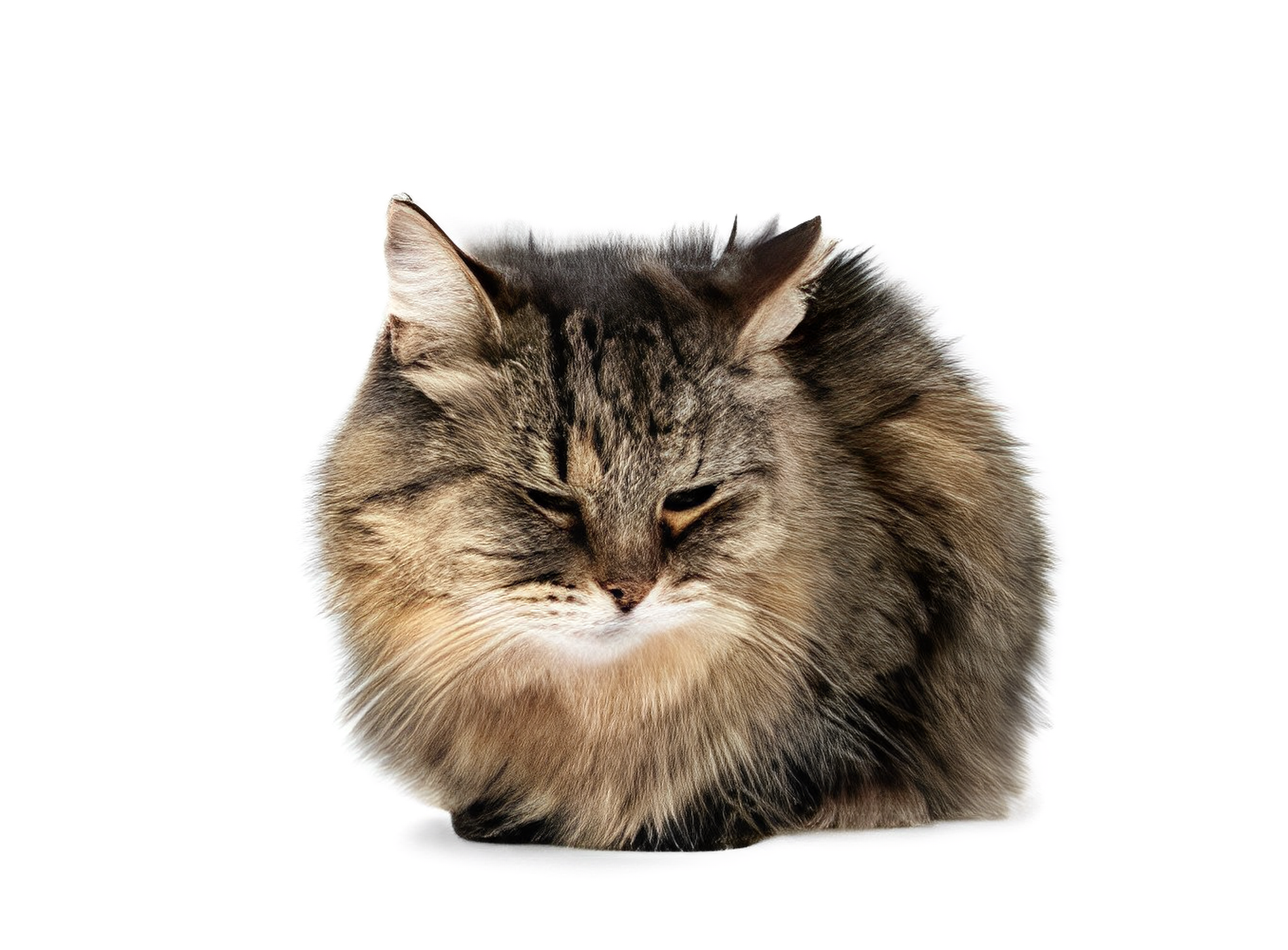Feline urinary tract infections (UTIs) are complex issues that can significantly impact a cat’s health and well-being. As responsible pet owners, it’s crucial to delve deeper into the causes of these infections, recognize subtle symptoms, and establish comprehensive preventive measures to ensure the optimal health of our feline companions.
Understanding the Causes of Feline UTIs:
1. Bacterial Infections:
Bacterial invasion is a primary cause of UTIs in cats. Escherichia coli, a common bacterium found in the gastrointestinal tract, can make its way into the urinary system, leading to inflammation and infection. Factors such as poor hygiene, external wounds, or catheterization can facilitate the entry of bacteria into the urinary tract, making it imperative to maintain a clean environment for your cat.
2. Feline Lower Urinary Tract Disease (FLUTD):
FLUTD is an umbrella term encompassing various conditions affecting the bladder and urethra, with urinary tract infections being one component. Crystal formation and the development of urinary stones are key contributors to FLUTD, and certain cat breeds, such as Siamese and Persians, may have a genetic predisposition to these conditions. Regular veterinary check-ups are vital to identifying and addressing these issues early on.
3. Urinary Tract Anomalies:
Cats may be born with structural abnormalities in their urinary tract, making them more susceptible to infections. These congenital issues can obstruct the normal flow of urine, creating an environment conducive to bacterial growth. Regular veterinary check-ups are crucial for identifying and managing these anomalies.
4. Weakened Immune System:
Cats with compromised immune systems, whether due to age, underlying health conditions, or stress, are more prone to urinary tract infections. A robust immune system is essential for fighting off bacteria that can cause infections. Maintaining overall feline health, providing a balanced diet, and managing stressors are pivotal in preventing immune system compromise.
Identifying Symptoms of Feline UTIs:
1. Increased Frequency of Urination:
Changes in litter box habits can be indicative of a potential UTI. If you notice your cat urinating more frequently or making repeated attempts to urinate, it’s crucial to investigate further. Increased urination may suggest discomfort or difficulty in emptying the bladder.
2. Straining to Urinate:
Straining during urination is a notable symptom of feline UTI. This behavior can be accompanied by vocalization or visible signs of distress. Cats may exhibit discomfort while in the litter box, signaling a potential issue with their urinary tract.
3. Blood in the Urine:
Hematuria, or blood in the urine, is a concerning symptom of UTI. Discolored or bloody urine should prompt immediate veterinary attention. Blood in the urine may indicate inflammation or damage to the urinary tract and should not be ignored.
4. Changes in Behavior:
Cats experiencing pain or discomfort due to a UTI may undergo noticeable behavior changes. Increased irritability, reluctance to be touched, or withdrawal can all be indicative of an underlying health issue. Understanding your cat’s normal behavior is essential in identifying any deviations that might suggest a UTI.
Comprehensive Preventive Strategies for Feline UTIs:
1. Hydration:
Adequate hydration is foundational for maintaining a healthy urinary system. Ensure your cat has access to fresh water at all times. Cats are notorious for not drinking enough water, so consider wet cat food or a pet water fountain to encourage increased water intake.
2. Balanced Diet:
The significance of a well-balanced, species-appropriate diet cannot be overstated. High-quality cat food plays a crucial role in urinary health by providing essential nutrients and minimizing the risk of crystal formation. Consult with your veterinarian to determine the most suitable diet for your cat’s specific needs.
3. Litter Box Maintenance:
A clean litter box is essential in preventing urinary tract infections. Cats may avoid using a dirty litter box, leading to a buildup of urine in the bladder, which can contribute to UTIs. Regularly scoop the litter box, change the litter as needed, and ensure a comfortable and private location for your cat’s bathroom activities.
4. Regular Veterinary Check-ups:
Schedule routine veterinary visits to monitor your cat’s overall health. Regular check-ups enable early detection of potential issues, including urinary tract infections. Your veterinarian can conduct urine tests and recommend preventive measures based on your cat’s health history and individual needs.
5. Stress Reduction:
Cats are sensitive to changes in their environment, and stress can weaken their immune system, making them more susceptible to infections. Minimize stressors by providing a consistent routine, creating a safe and quiet space for your cat, and using products like pheromone diffusers to promote a calm atmosphere.
6. Environmental Enrichment:
Stimulate your cat’s mind and body with environmental enrichment. Provide toys, scratching posts, cat wall , cat trees and interactive play to keep your cat mentally and physically active. Mental stimulation contributes to overall well-being and can reduce stress, which, in turn, supports a healthy immune system.
7. Weight Management:
Maintain a healthy weight for your cat through proper nutrition and regular exercise. Obesity can contribute to urinary tract issues, so work with your veterinarian to establish an appropriate diet and exercise routine for your cat’s individual needs.
Feline urinary tract infections require a multifaceted approach to prevention, involving a deep understanding of potential causes, keen recognition of symptoms, and the implementation of comprehensive preventive measures. By incorporating these strategies into your cat’s daily care routine, you can significantly contribute to the prevention and early detection of UTIs, ensuring a happy and healthy life for your feline companion. Always consult with your veterinarian if you suspect your cat may be suffering from a urinary tract infection or any health issue for personalized advice and treatment. Remember, a proactive and informed approach to feline health is the key to a long and thriving relationship with your furry friend.

